Dear America: Watch the Waters
This species may become extinct
January 19, 2023
We all watch as the only planet we have slowly starts to lose its diversity and uniqueness. Right now, 150 – 200 plant and animal species go extinct on average every day.
Wildlife in the ocean has been dramatically affected by human activity. Human development and activity leads to pollution and changes in the physical features of the sea floors and other coastal shorelines.
For example, the United States Environmental Pollution Agency states that “pollution degrades and destroys unique beach habitats needed by animals and plants.” A polluted beach is a public health risk and can reduce property values which could possibly inhibit the economic growth of the community.
Most pollution starts on land. This is called nonpoint source pollution and occurs via water runoff that flows into the oceans carrying agricultural fertilizer and pesticides. As an effect of this, aquatic habitats can be potentially damaged and the aquatic animals that live there can be harmed. Nonpoint source pollution can also reduce the capacity of water resources that we use for drinking.
If you think that the major plastic and other harmful material manufacturing companies are the only ones contributing to this environmental crisis, you are dead wrong. Almost every human plays a part in the effects caused on our beautiful planet. However, there are only a few people that are attempting to do anything to make these effects lessen or try and better our planet.
The extinction of endangered animal species is a sign that our ecosystem is falling apart. I would say “SLOWLY falling apart,” but we all know that is just not true anymore.
A healthy ecosystem consists of many different species of plants and animals as their foundation. Every single one of the species in an ecosystem depends on each other. If one becomes endangered or goes extinct it causes a chain reaction. One after the other, plant and animal species will be scarce, and invasive species like the kudzu will take over.
Humans NEED healthy ecosystems to purify our environment and keep it clean. Instead, we decide that it would be more suitable for us to make it dirtier.
Our Sutton High School Environmental Club is doing the most to support one of the many endangered species of the ocean, the North Atlantic Right Whale.
Dr. Michael Moore, the leading advocate and protector of the North Atlantic Right Whale, will receive a donation from the SHS environmental club to support his studies on whales and other wildlife. His team is from the Woods Hole Oceanographic Institute. They work closely with the New England Aquarium to monitor the health and numbers of the whales. Educating the community about the risk of extinction of this animal during our lifetimes, which is due to human impacts, is one of the many steps they take to help this whale’s cause.
In the science hallway, one can see signs with some of the research that students have done. The signs give information about rope entanglements and vessel strikes on individual whales.
During the next few months, the whales give birth to their young calves off the southeastern coast of the US. The scientists will be watching closely for calves. Each birth is vitally important if the species is to avoid extinction. They will also be watching to monitor the health of the mothers/calves and looking for signs of vessel strikes and rope entanglements.
The Environmental Club members are not stopping at the whales. They will continue to run the textile recycling program which has kept thousands of pounds of textiles out of landfills. Some members have been going to the elementary school to be guest readers and then the club donates some environmentally-themed books to the classroom. Small groups of students continue to do little cleanups in town and on school property. Finally, they plant and collect seeds to continue to have flowers on our campus to provide food for insects and birds.
What does “watch the waters” mean?
It means being aware of the effects you have on our planet and oceans. Are you doing anything to help them or are you harming them? We only have one planet, so let us treat it kindly and try to do things that could be good for solving this crisis instead of harming it more.
So what can an everyday person do to help the North Atlantic Right Whale or ocean life in general?
For starters, you could support different scientists’ work that can possibly help this whale population flourish. Not only this but you could also be aware of the source of lobster and other seafood you buy. How companies catch their seafood is very important. If they use traps and nets that will endanger all whales, not only Right Whales, it is probably not best to support those kinds of companies by buying from them.
You could also try carpooling more. Fewer vehicles on the road cause fewer carbon emissions into the air and less gas and oil runoff into the oceans and other bodies of water. This pollutes the ecosystems causing harm to the animals and different species that live there.
Having heard this, I hope you are inspired and I ask you to be aware of your effects on the ocean and watch the waters.


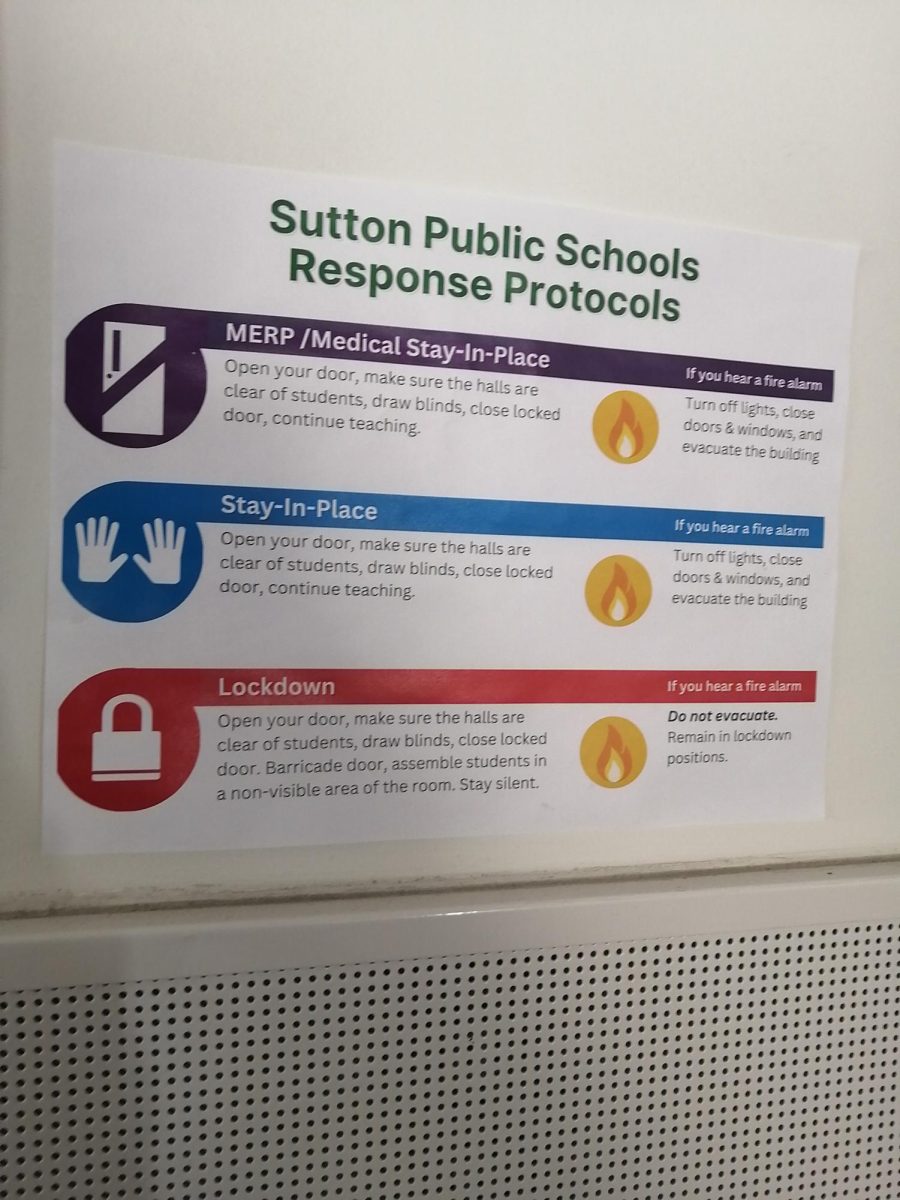
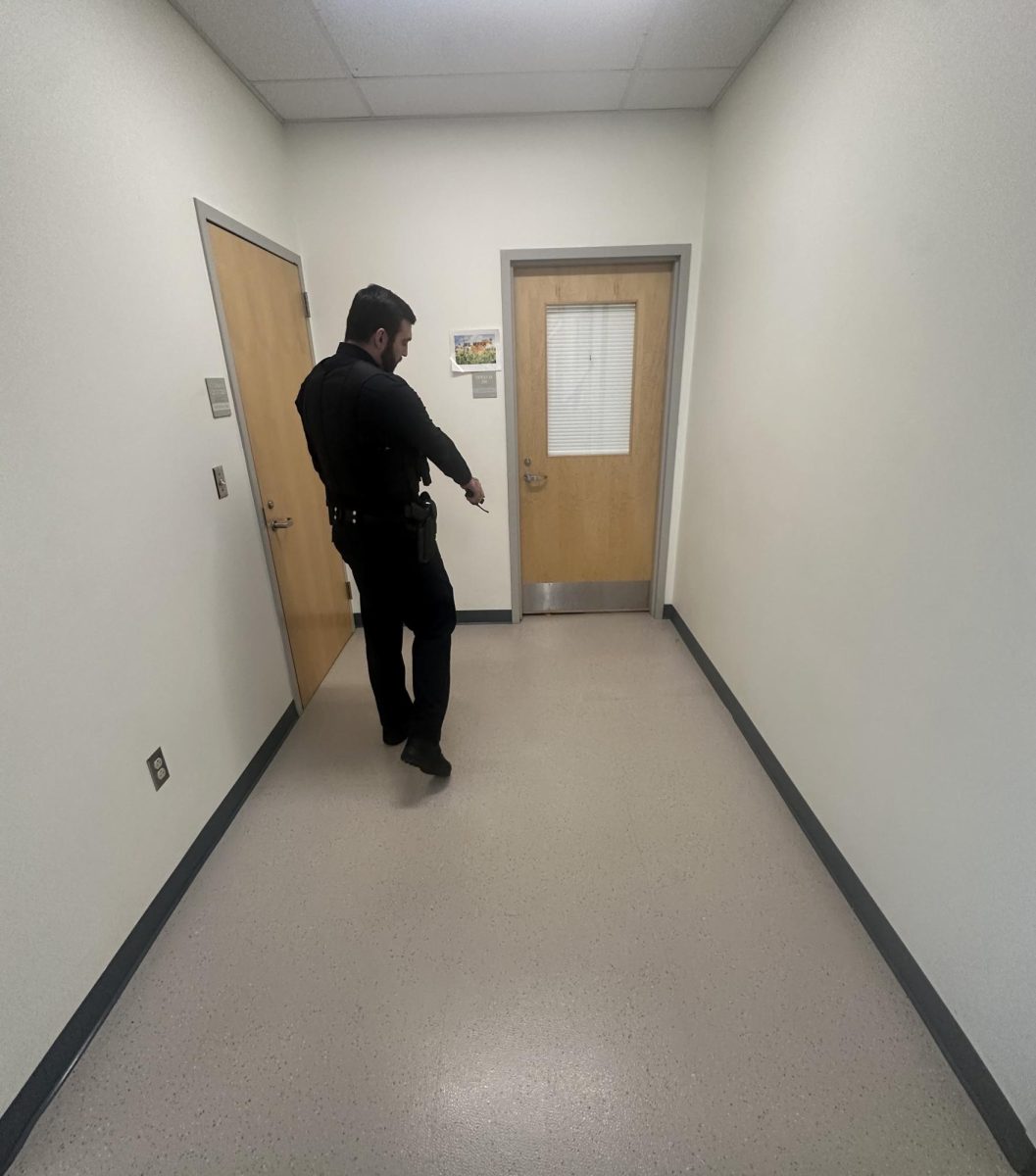





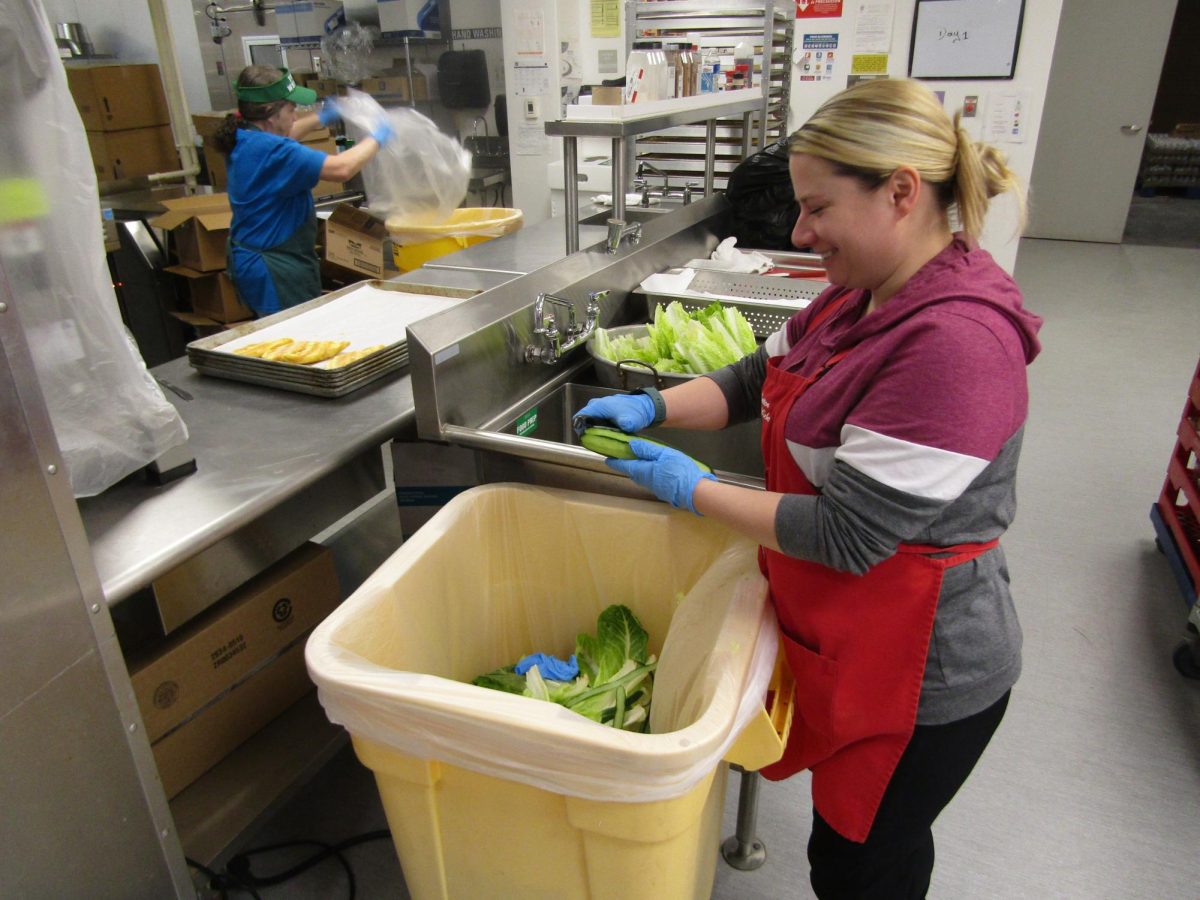
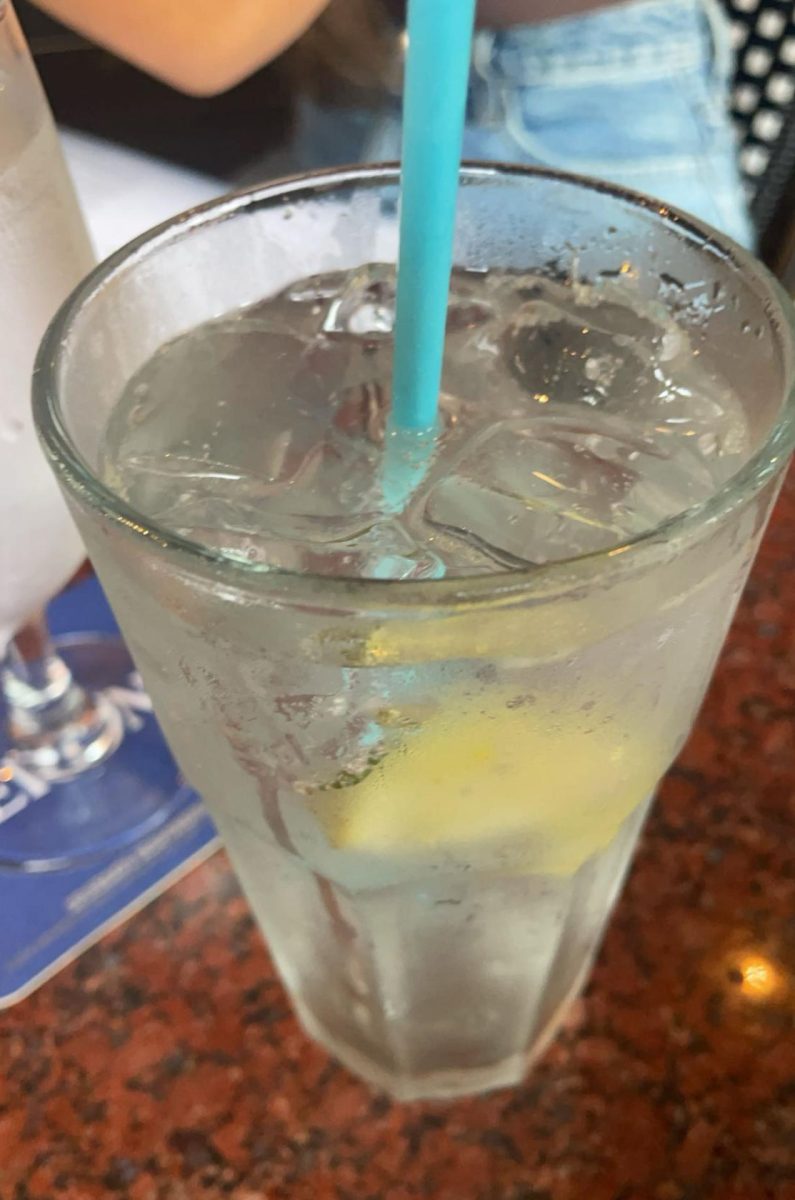
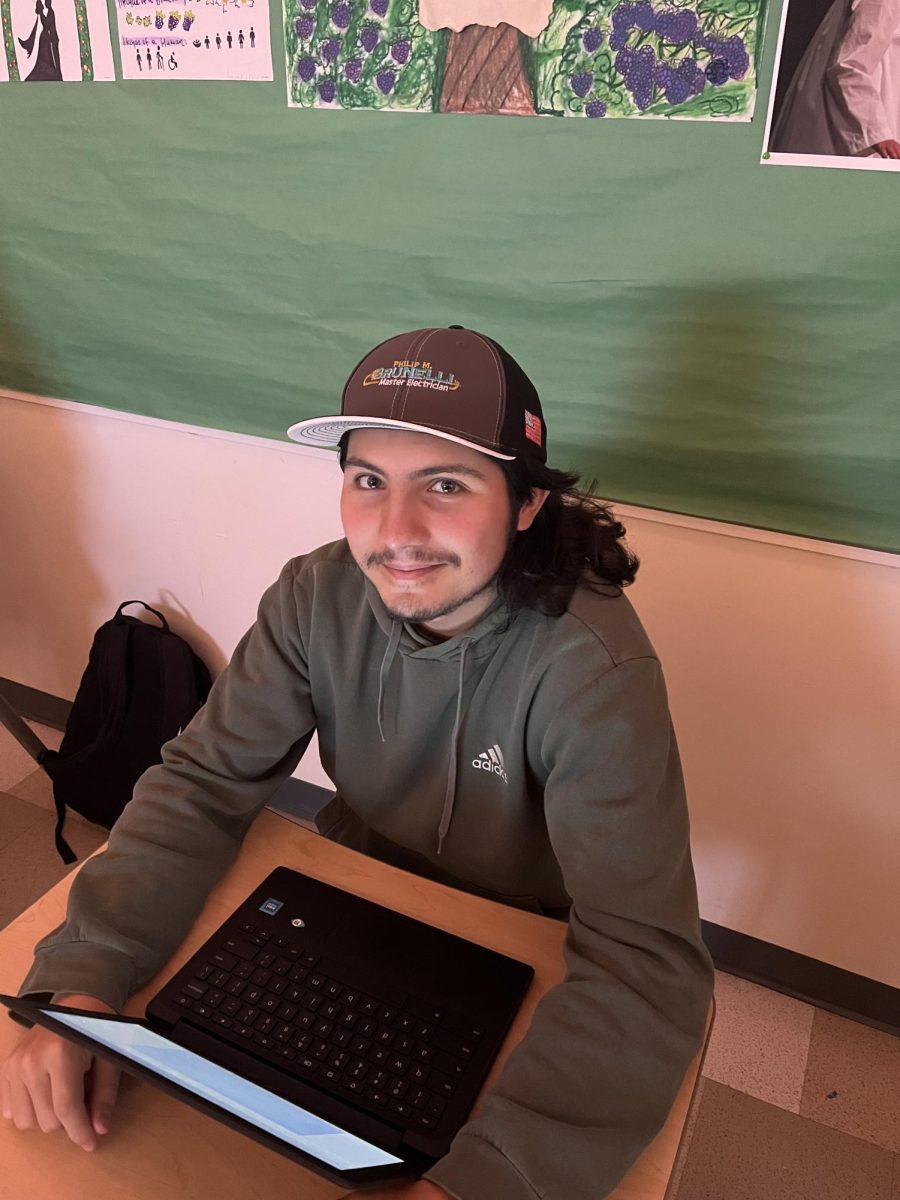
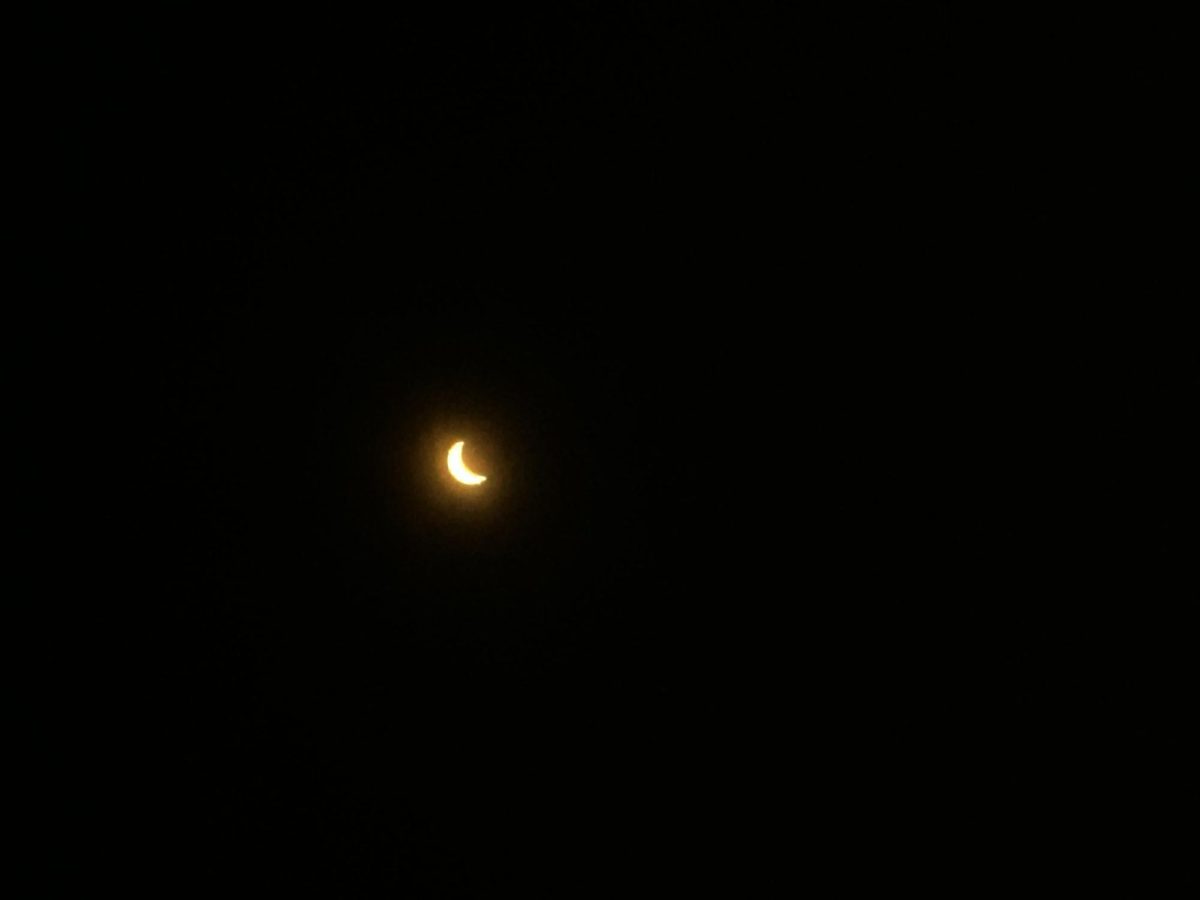
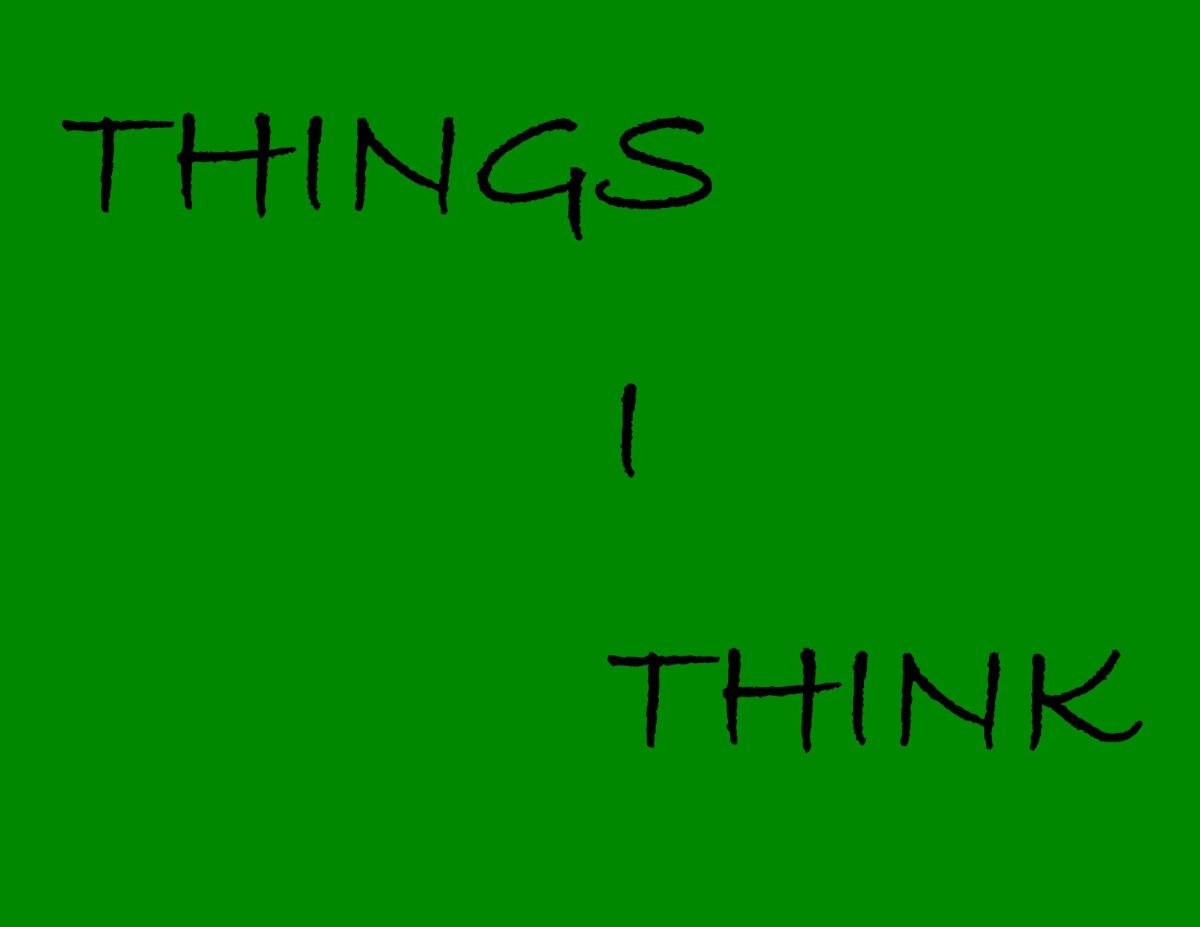

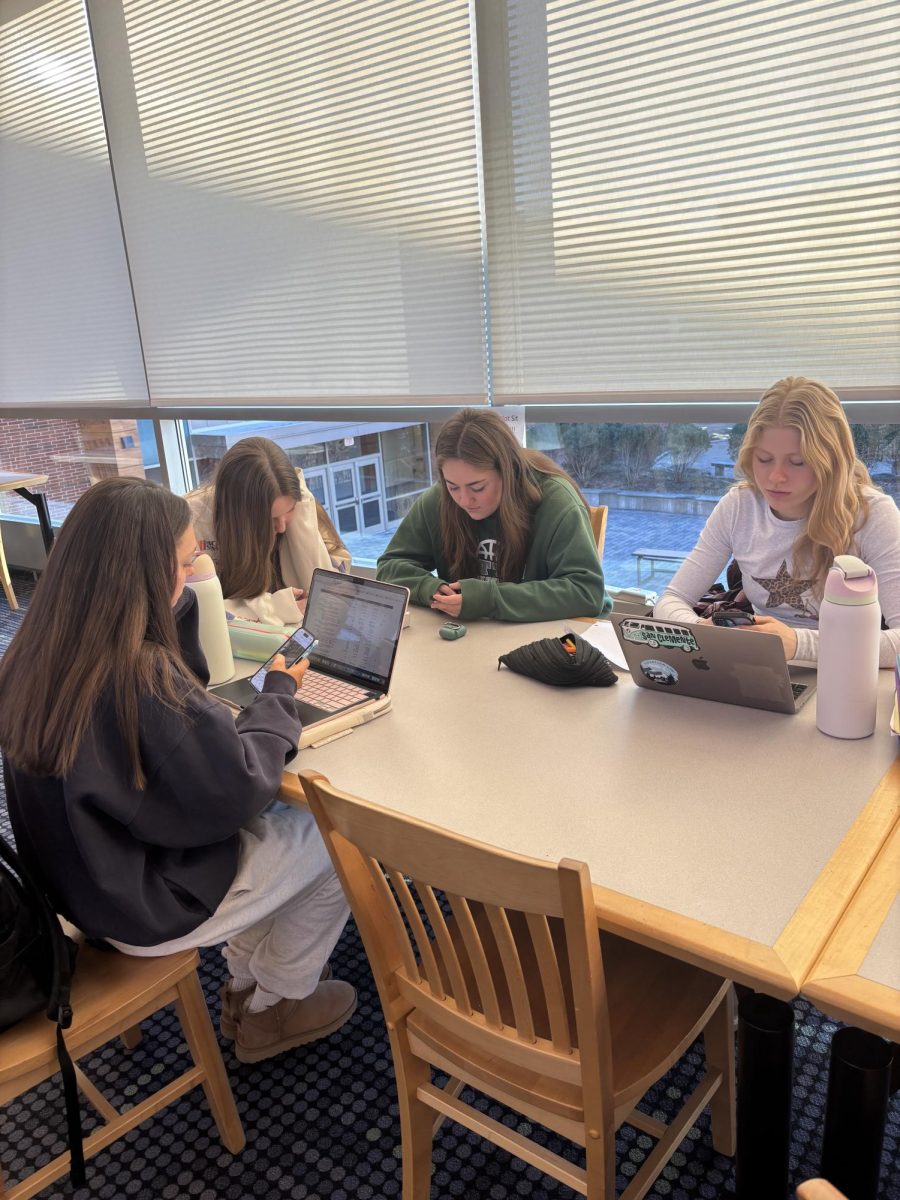

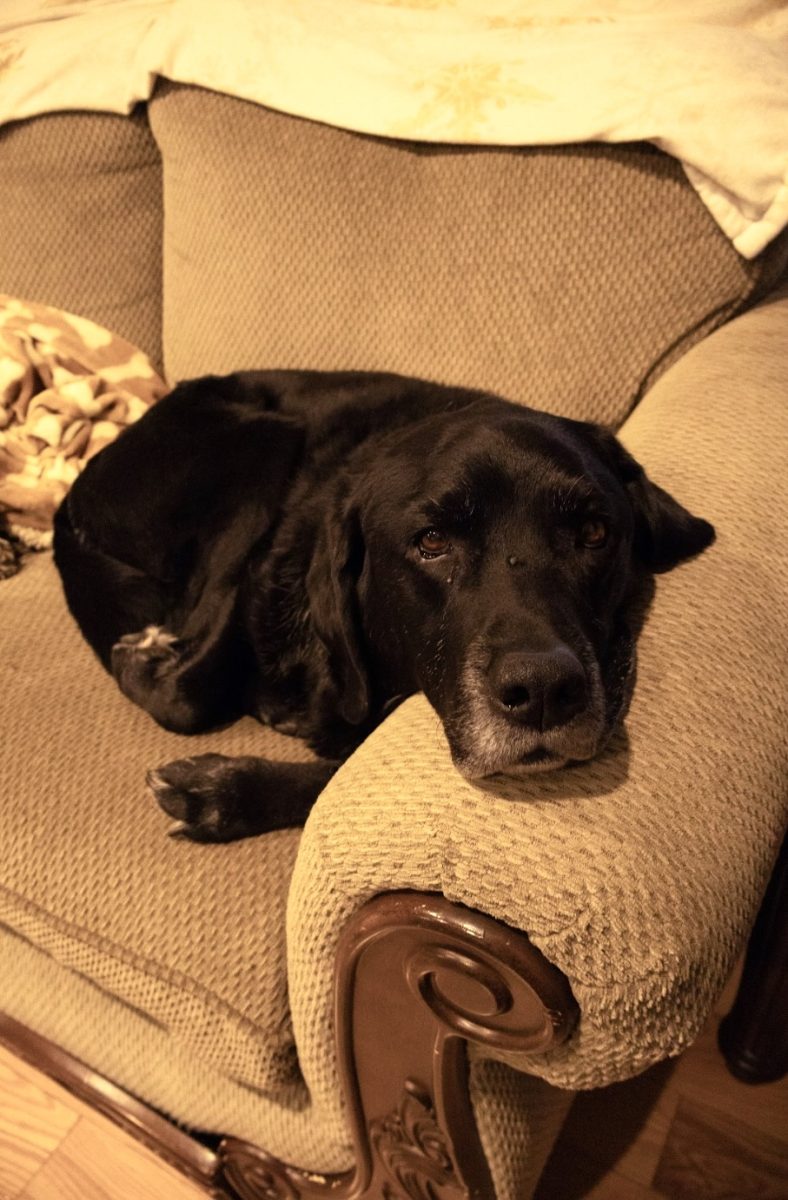


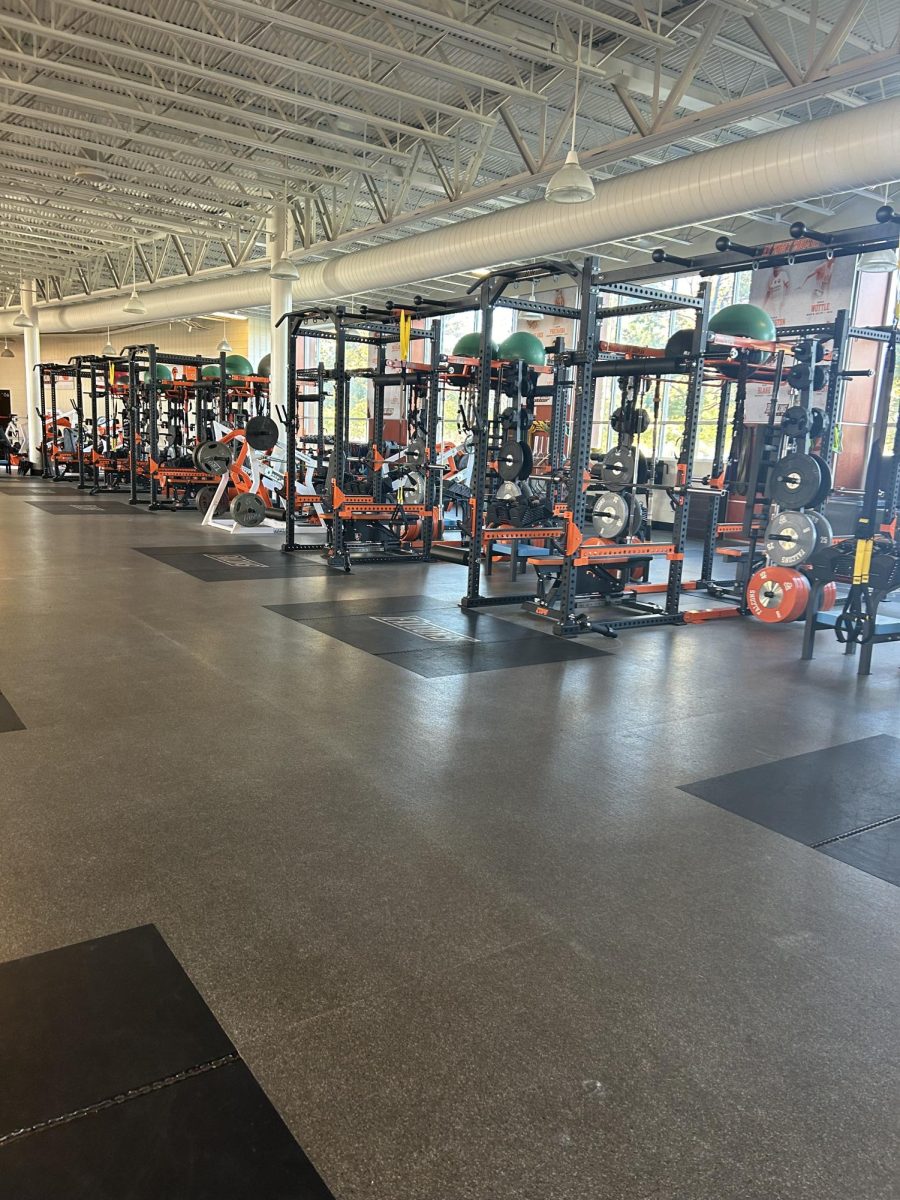

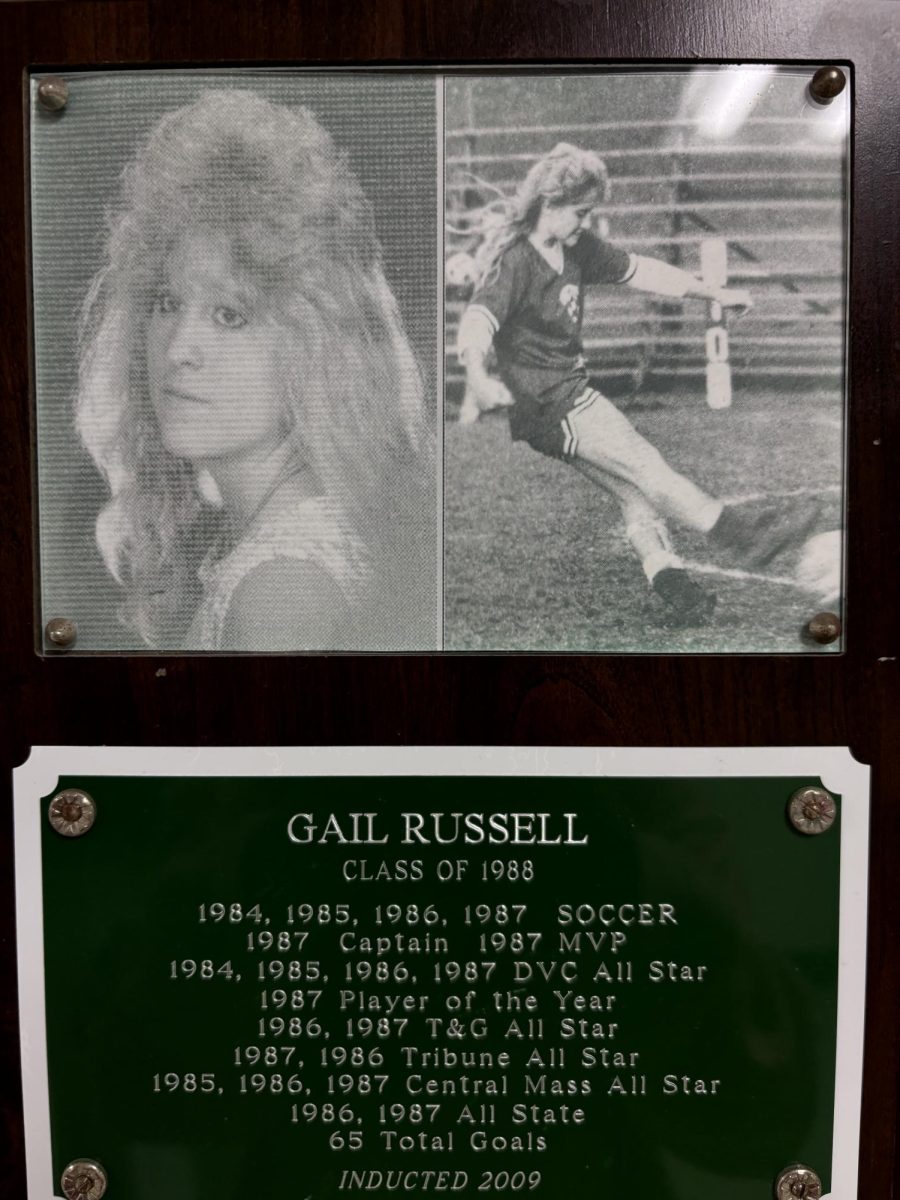
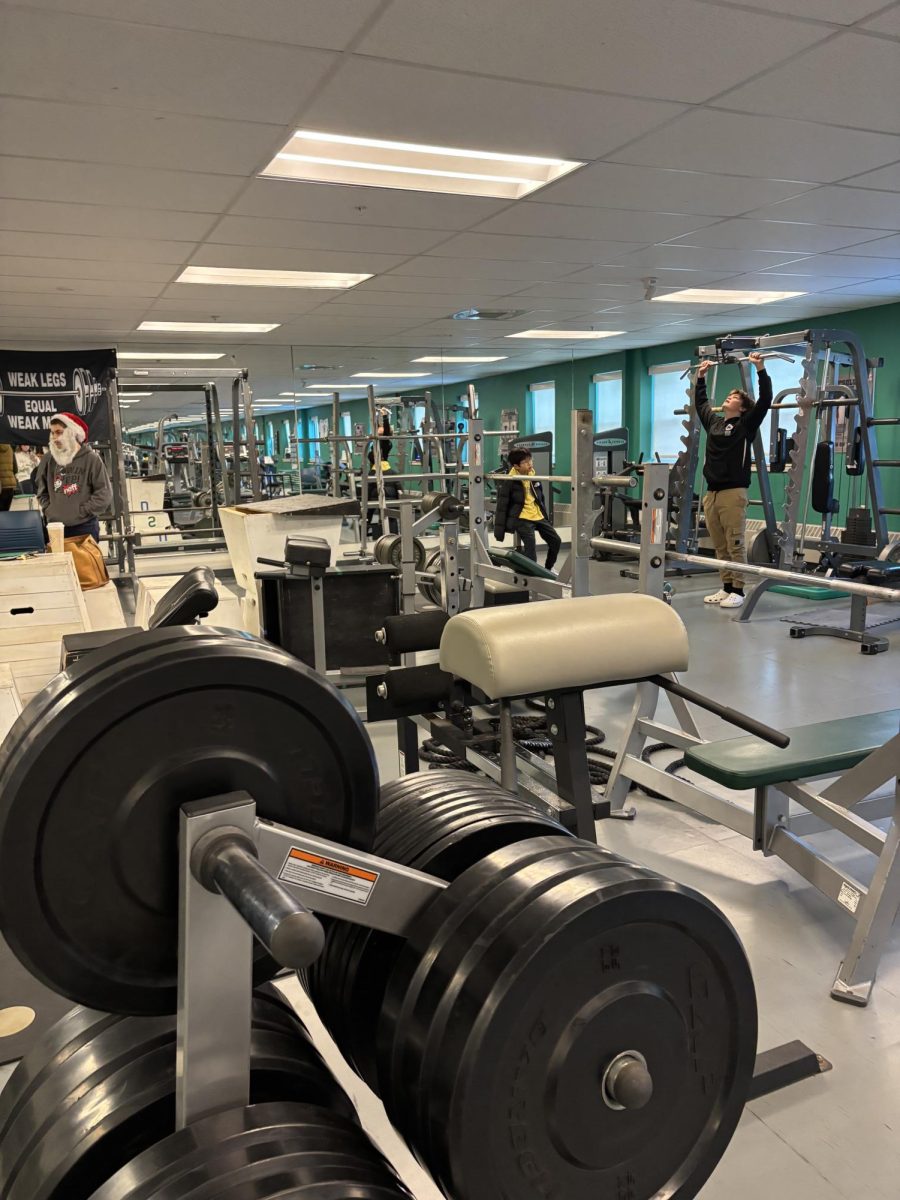







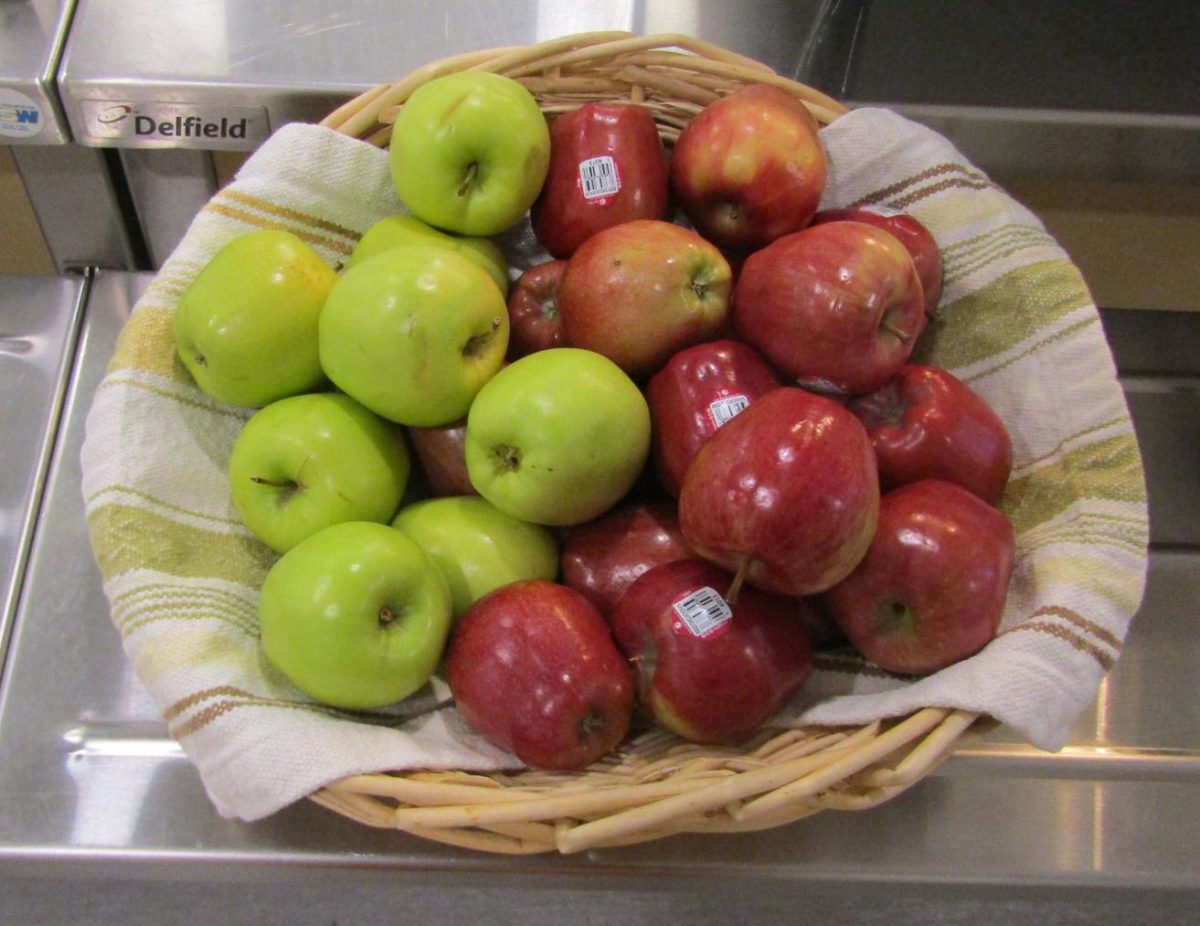
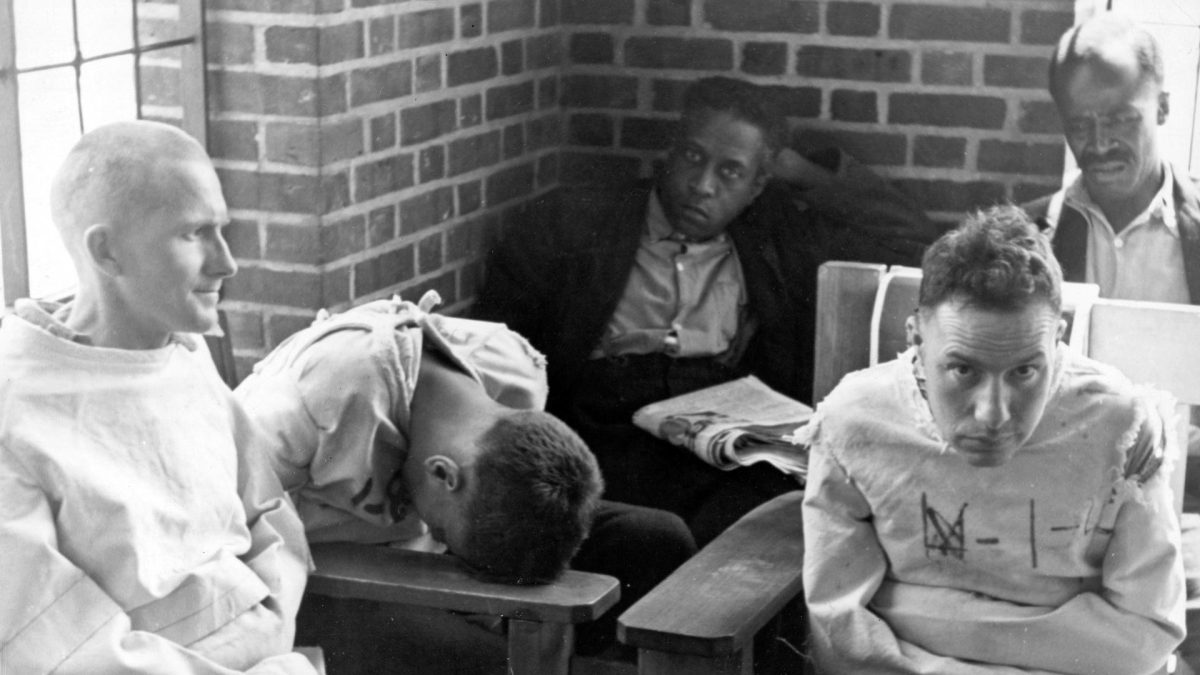
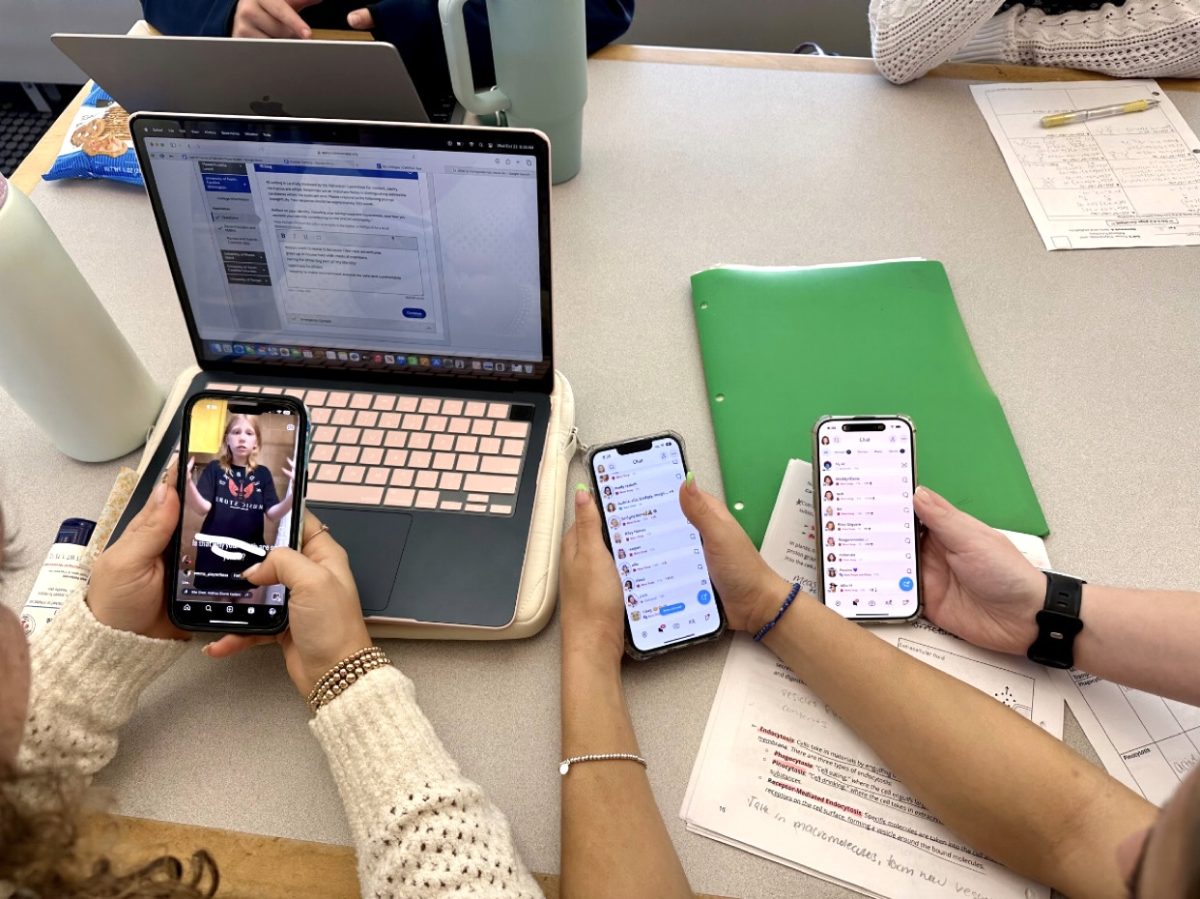
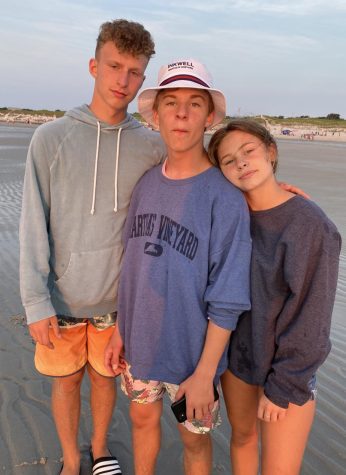
Ms. O’Neil • Jan 19, 2023 at 2:43 pm
Awesome article!